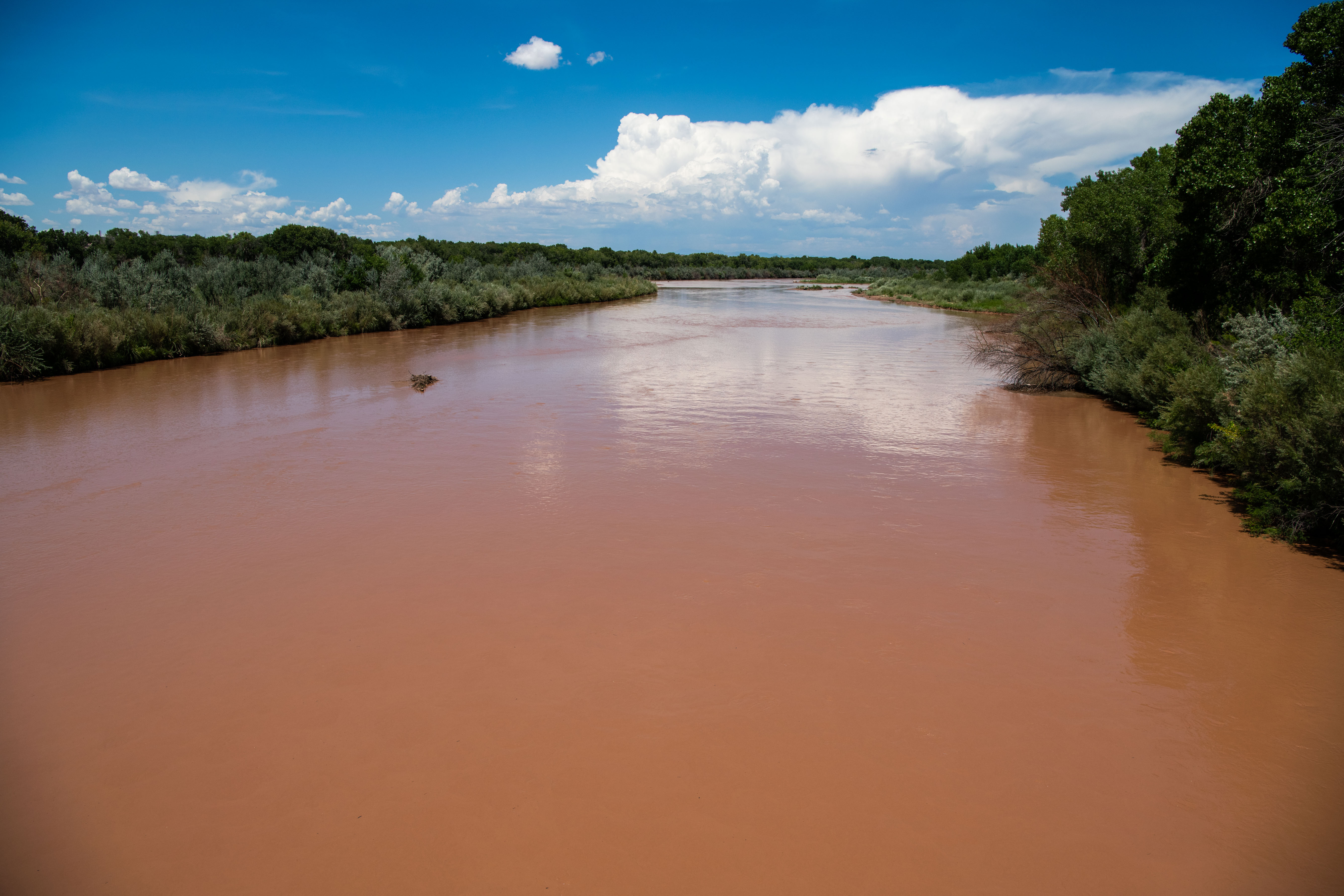$5.1 million of the funding provided through President Biden’s Bipartisan Infrastructure Law
 Rio Grande flows in the spring.
Rio Grande flows in the spring.
WASHINGTON – The Bureau of Reclamation is investing $13.3 million in grants for 51 applied science projects in 12 states for the development of tools and information to support water management for multiple uses as part of President Biden’s Investing in America agenda. The projects selected include the development of modeling and forecasting tools, hydrologic data platforms and new data sets to inform decision-making.
The projects are being funded with $8.1 million from Reclamation’s Basin Study Program and $5.1 million from the Bipartisan Infrastructure Law for projects that improve nature-based features. Applications for Applied Science Grants were accepted from June to October 2023. Proposals were submitted by a diverse range of applicants including tribes, universities, special districts, cities, counties, and non-profits.
"These grants support improved water management tools that will allow water managers to make more informed decisions, especially in terms of managing through drought and climate change,” said Commissioner Camille Calimlim Touton. “It’s especially promising to see all of the partnerships formed between universities and communities to tackle some of these scientific projects.”
Projects selected include:
- $317,665 for the University of Texas at Arlington in partnership with the Blackfeet Indian Reservation in Montana to create a tool to digitally map and model all locations and estimate potential surface-area and water storage capacities of natural land features through the reservation. This effort will inform water managers of potential surface waterbodies that could be used as an effective and sustained nature-based climate solution against impending drought projections.
- $388,093 for Washington State University in partnership with the Columbia Basin Conservation District to make improvements to an existing United States Geological Survey developed model for the Columbia Plateau Regional Aquifer System in the Pacific Northwest. Model improvements will allow the model to run on a monthly time step, instead of annually, and include irrigation demand estimates and climate scenarios that influence groundwater availability throughout the year. The project will create and manage 47 new monitoring sites with co-located groundwater, soil moisture, and weather sensors that collect data on a sub-daily time step.
- $398,999 for the World Wildlife Fund, in partnership with the New Mexico Interstate Stream Commission and the Middle Rio Grande Conservancy District to analyze the potential for replacing invasive riparian vegetation species with native plants to reduce water consumed by evapotranspiration on the Rio Grande. They will map stands of exotic vegetation, estimate potential water savings, and prioritize stands for restoration using decision support tools based on a suite of ecosystem and water-saving benefits. The project could help the state of New Mexico meet water delivery obligations under the Rio Grande Compact and enhance river flows for ecosystem health and increased water supply reliability for farming.
To view a complete description of all the selected projects, please visit https://www.usbr.gov/watersmart/appliedscience.
President Biden’s Investing in America agenda represents the largest investment in climate resilience in the nation’s history and is providing much-needed resources to enhance Western communities’ resilience to drought and climate change. Through the Bipartisan Infrastructure Law, Reclamation is investing a total of $8.3 billion over five years for water infrastructure projects, including rural water, water storage, conservation and conveyance, nature-based solutions, dam safety, water purification and reuse, and desalination. Since the Bipartisan Infrastructure Law was signed in November 2021, Reclamation has announced almost $3 billion for 425 projects. Reclamation previously announced $1.2 million for eight projects under this program.


